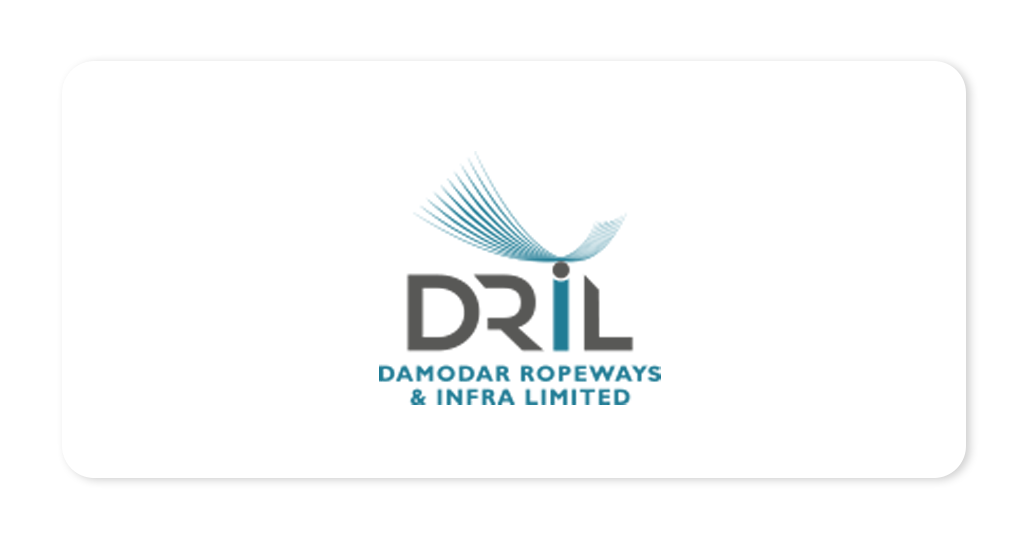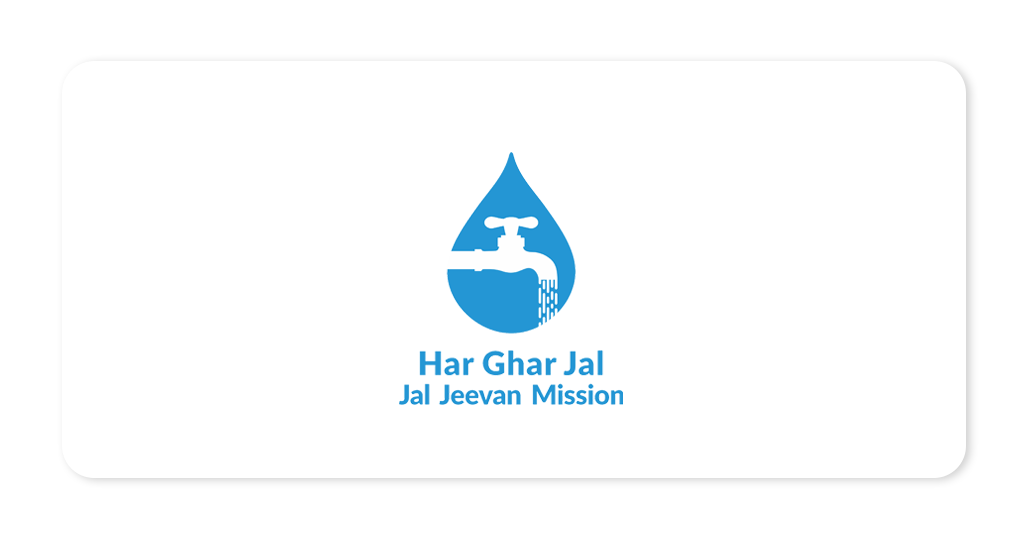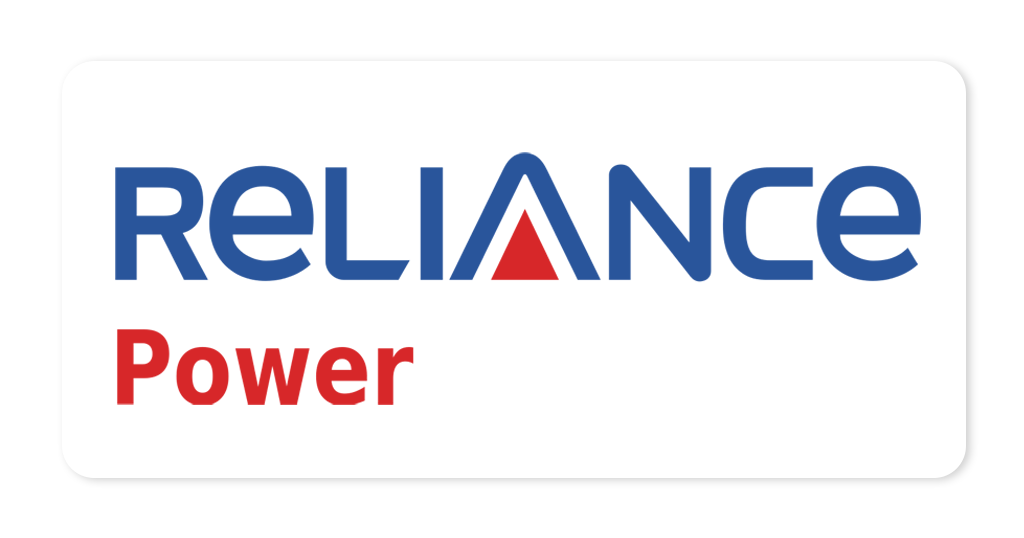
Water Hardness: Health Impacts, Diseases, and the Importance of Testing
Water is vital for survival, but not all water is ideal for human consumption. One key parameter in assessing water quality is water hardness. Hard water may appear clean, but its elevated mineral content can silently affect your skin, hair, internal organs, and even your home infrastructure.
What Is Water Hardness?
Water hardness refers to the concentration of divalent metallic cations, primarily calcium (Ca²?) and magnesium (Mg²?), dissolved in water. These ions enter water through natural geological processes, especially where water interacts with limestone, dolomite, gypsum, or other mineral-rich deposits.
Types of Hardness:
Classification of Water Hardness
According to WHO and BIS (IS 10500:2012) standards:
|
Hardness Level |
CaCO? (mg/L) |
Description |
|
Soft |
0–60 |
Safe & ideal |
|
Moderately Hard |
61–120 |
Acceptable |
|
Hard |
121–180 |
Caution advised |
|
Very Hard |
>180 |
Not recommended |
The Bureau of Indian Standards (BIS) prescribes 200 mg/L as the acceptable limit, and 600 mg/L as the permissible limit in the absence of an alternative source.
How Hard Water Affects Human Health
While hard water is not directly toxic, long-term exposure — especially with very high hardness levels — can contribute to several chronic and acute health issues.
Hard water adds to calcium load, and over time, may increase the risk of calcium oxalate and calcium phosphate stones, especially in people with low fluid intake, poor hydration habits, or predisposition to kidney disease.
A study published in Nephrology Dialysis Transplantation (2014) noted a higher prevalence of nephrolithiasis in populations exposed to water >300 mg/L hardness.
Bathing in hard water can worsen:
Hard water has been shown to reduce the skin's natural oil barrier, leading to increased dryness and susceptibility to allergens.
Prolonged washing in hard water may cause:
Mineral buildup can also alter the pH of the scalp, affecting hair growth cycles.
While calcium and magnesium are essential nutrients, excessive intake — particularly from untreated hard water — may cause:
Infants and individuals with kidney dysfunction are especially vulnerable.
Research provides mixed findings:
The WHO notes that water with moderate hardness may be beneficial, but excessive levels (>400 mg/L CaCO?) may be problematic.
Hard water causes scale deposits inside water heaters and pipelines. These deposits can harbour:
Non-Health Effects (But Still Important)
Why Testing Is Important?
Hardness cannot be identified by taste, colour, or odour. Testing is essential to:
Get Accurate Insights with Water Hardness Pro by Virat Global Lab
To truly understand the impact of your water on health and household, it’s essential to start with data. “Water Hardness Pro” by Virat Global Lab offers comprehensive laboratory testing for:
Whether you use borewell water, municipal supply, or tanker, testing ensures safe consumption, longer appliance life, and peace of mind.
At Virat Global Lab (A Division of Aseries Envirotek India Pvt. Ltd.), we invite businesses, Industries and institutions across various sectors to explore the benefits of partnering with us for their environmental testing and analytical needs.































